Reboots and remakes are quite prominent throughout the modern movie landscape. As movies become increasingly expensive to film - and as audiences are staying put to watch their movies in home theaters - studios are more reluctant to pump money into original IPs that could lead to disastrous financial results.
The answer, then, are numerous reboots that fans of the originals didn't necessarily ask for. The horror genre is particularly prone to this. Numerous franchises have undergone more than one reboot throughout the decades, and the results can often prove equally perplexing and confusing.
5 Black Christmas (1974): 2
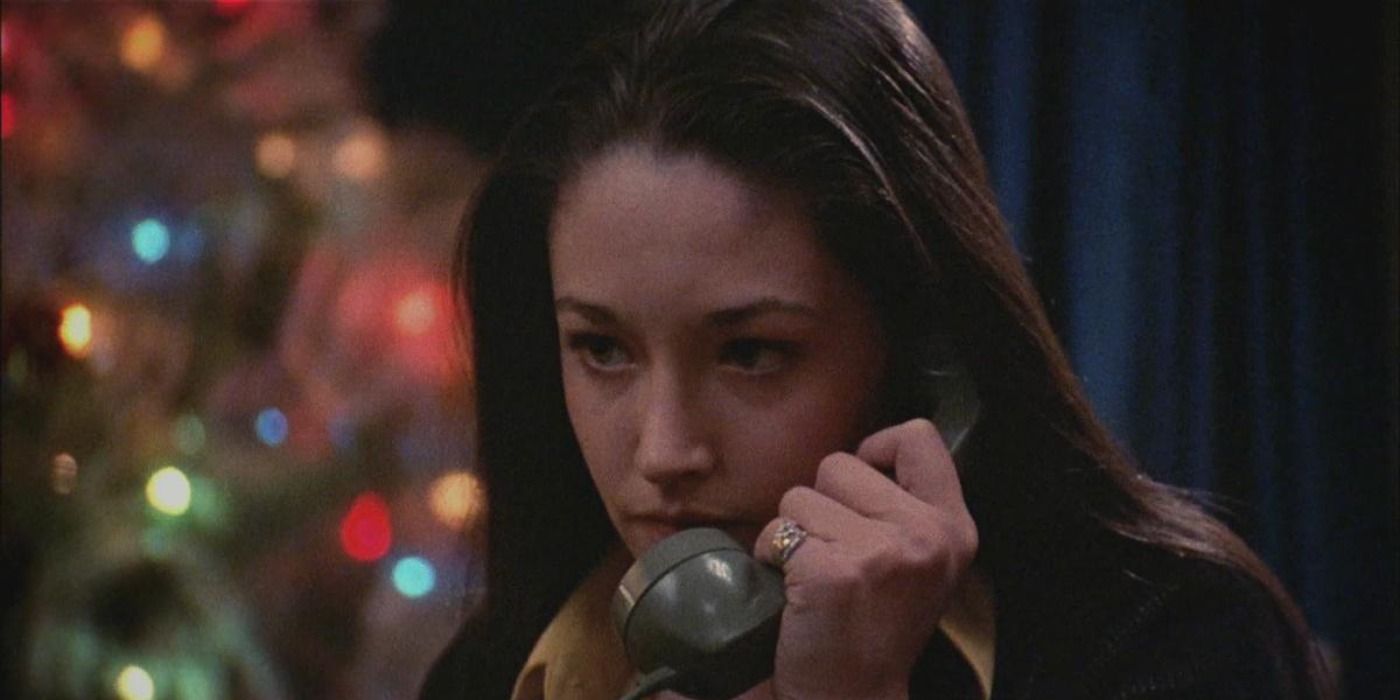
Produced and directed by Bob Clark, the independent Canadian slasher Black Christmas is often regarded as the most influential slasher movie ever made. The movie was a minor success, grossing $4 million in the fall of 1974. Most of its recognition came afterwards, when critics and audiences noticed its obvious influences on the popular genre. It spawned numerous copycat slasher movies, none of which were able to replicate its success. Black Christmas continues to earn acclaim to this day, with many critics noting its creative filmmaking, gritty atmosphere, and undeniable influence on the slasher genre.
A loose remake was released in 2006 starring the likes of Michelle Trachtenberg and Mary Elizabeth Winstead. It received horrible reviews and grossed $21.5 million, leading many to question why they decided to remake a supposedly untouchable classic. The series was rebooted/remade yet again with 2019's Black Christmas. While the original Black Christmas was still better, the 2019 remake was much better received than the 2006 iteration and grossed $18.5 million.
4 A Nightmare On Elm Street (1984): 2
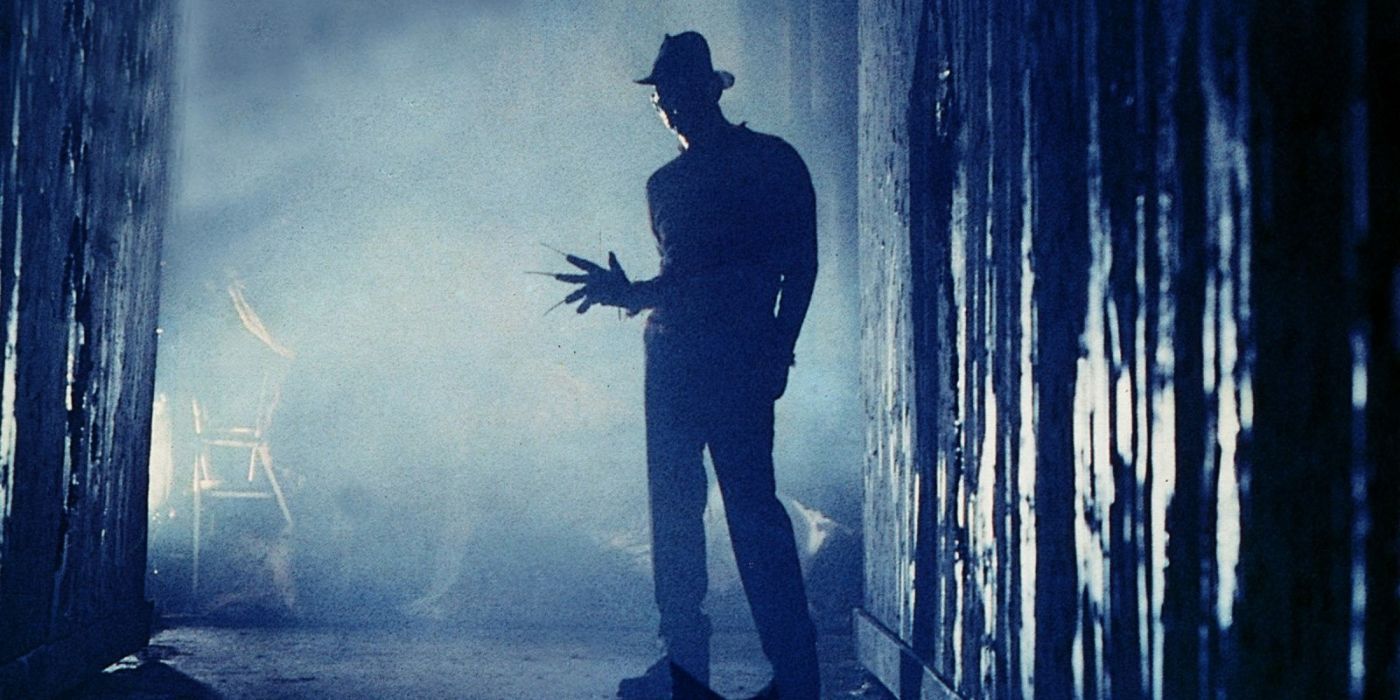
The case for A Nightmare on Elm Street is a little tricky. The first movie is a quintessential slasher film that proved very popular and introduced Freddy Krueger into the horror canon. To this day, he remains one of the genre's most public and popular figureheads. A string of sequels followed, culminating in 1991's Freddy's Dead: The Final Nightmare. This was supposed to be the final entry in the series, but it was met with exceedingly poor reviews and grossed just $35 million, which was the third-lowest take of the series (just above The Dream Child and Freddy's Revenge). Wes Craven's New Nightmare followed in 1994.
One of the best meta slasher movies ever made, Wes Craven's New Nightmare rebooted the franchise and re-contextualized the story as a postmodern experiment in the vein of Scream. In this case, Heather Langenkamp stars as herself following the success of the original Nightmare on Elm Street. After returning to the traditional continuity for Freddy vs. Jason, the franchise was rebooted yet again with 2010's A Nightmare on Elm Street.
3 Invasion Of The Body Snatchers (1958): 3
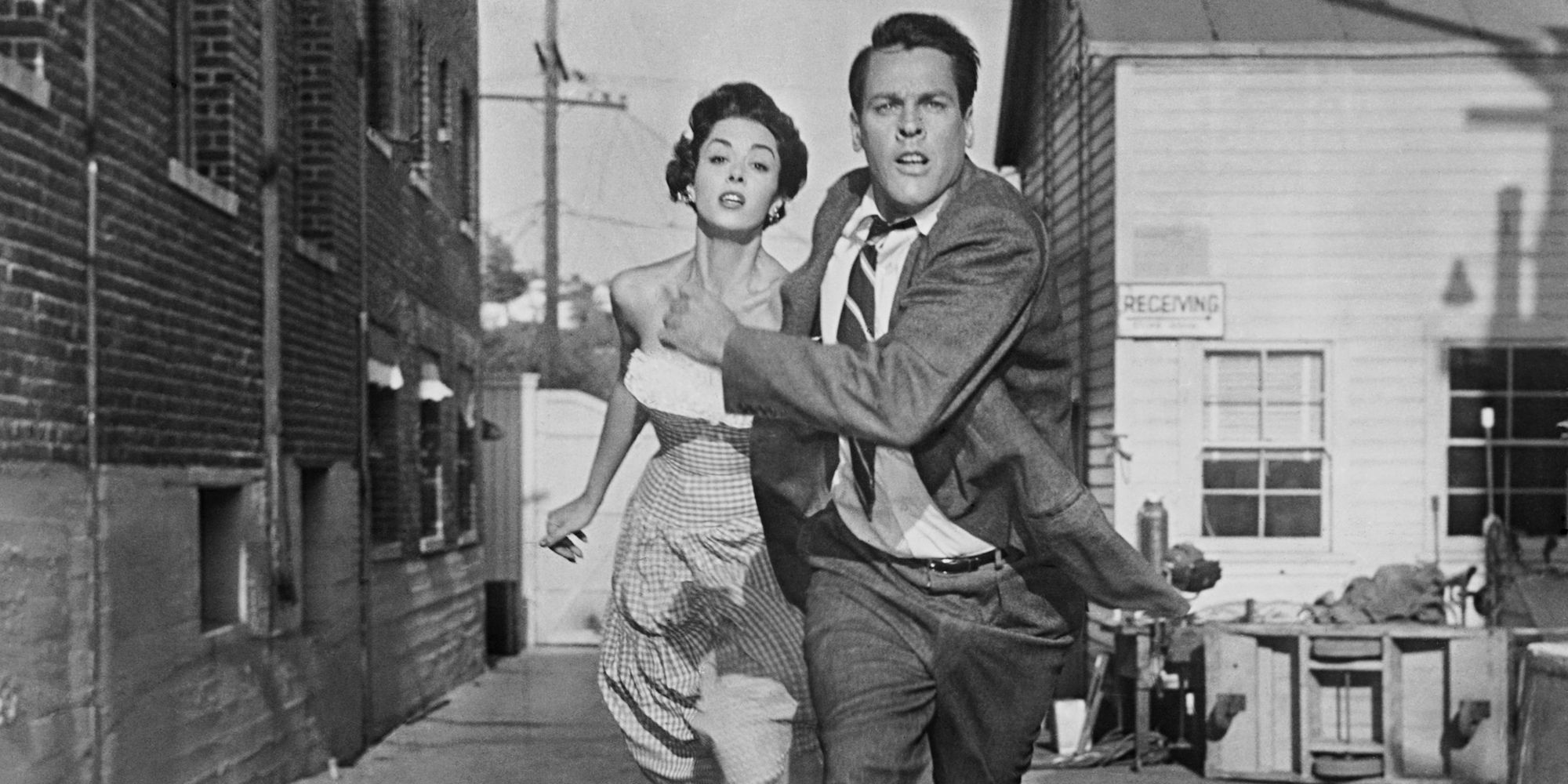
In 1955, Jack Finney released his science fiction novel The Body Snatchers. While a decent success at the time, the story would become famous through its numerous film adaptations. The first came in 1956, with Invasion of the Body Snatchers. The movie was relatively popular in its day, grossing $3 million (the equivalent of $30 million today). It has also been preserved in the National Film Registry, signifying its importance to the medium of film. An Invasion of the Body Sntachers remake followed in 1978, and this iteration (starring Donald Sutherland) is arguably the most famous, known particularly for its iconic twist ending.
A second reboot and third adaptation came in 1993 in the form of Abel Ferrara's Body Snatchers, which only grossed $428,000 at the domestic box office. Finally, 2007's The Invasion served as the third movie reboot and fourth adaptation of the novel, starring Nicole Kidman and Daniel Craig. It grossed $40 million but received exceedingly poor reviews, scoring just 19% on Rotten Tomatoes for its "[lack of] psychological insight and thrills."
2 The Texas Chain Saw Massacre (1974): 3
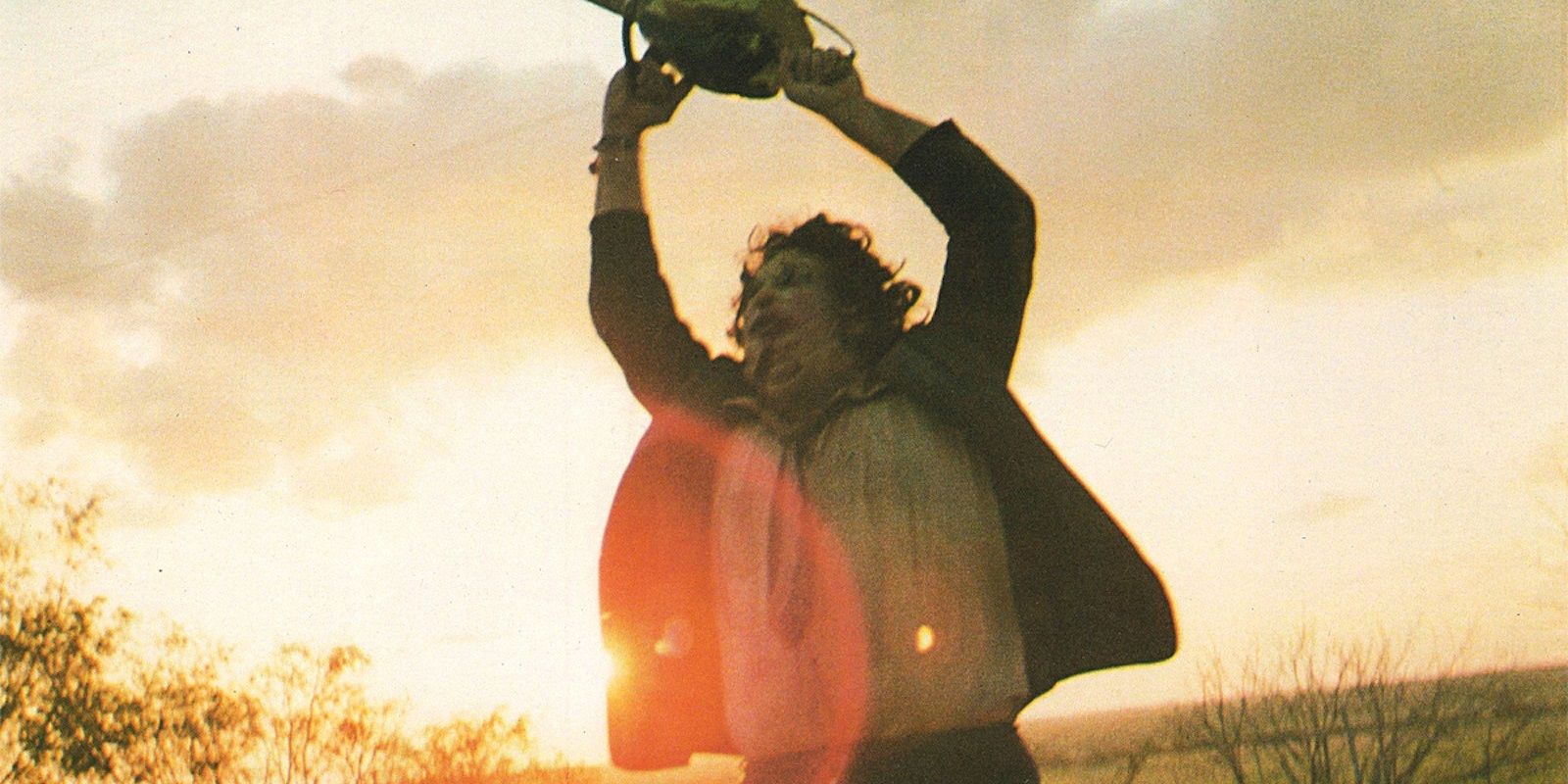
Released on the exact same day as Black Christmas (October 11, 1974), The Texas Chain Saw Massacre accomplished numerous things. Not only did it revolutionize the horror genre by originating now-popular slasher tropes (alongside Black Christmas), but it integrated Leatherface into the horror canon. It also inspired loads of controversy owing to its violent subject matter, and the movie was banned in numerous countries (which, of course, only heightened its popularity and notoriety).
Following numerous sequels, the iconic horror film was remade in 2003, starring Jessica Biel in the role of Erin and Andrew Bryniarski as Leatherface. Texas Chainsaw 3D followed in 2013, which retconned the original franchise's storyline and served as a direct sequel to the 1974 original, ignoring The Texas Chainsaw Massacre 2, Leatherface: The Texas Chainsaw Massacre III, and Texas Chainsaw Massacre: The Next Generation. A prequel titled Leatherface followed in October 2017, but this followed the same established continuity as both The Texas Chain Saw Massacre and Texas Chainsaw 3D.
1 Halloween (1978): 3+
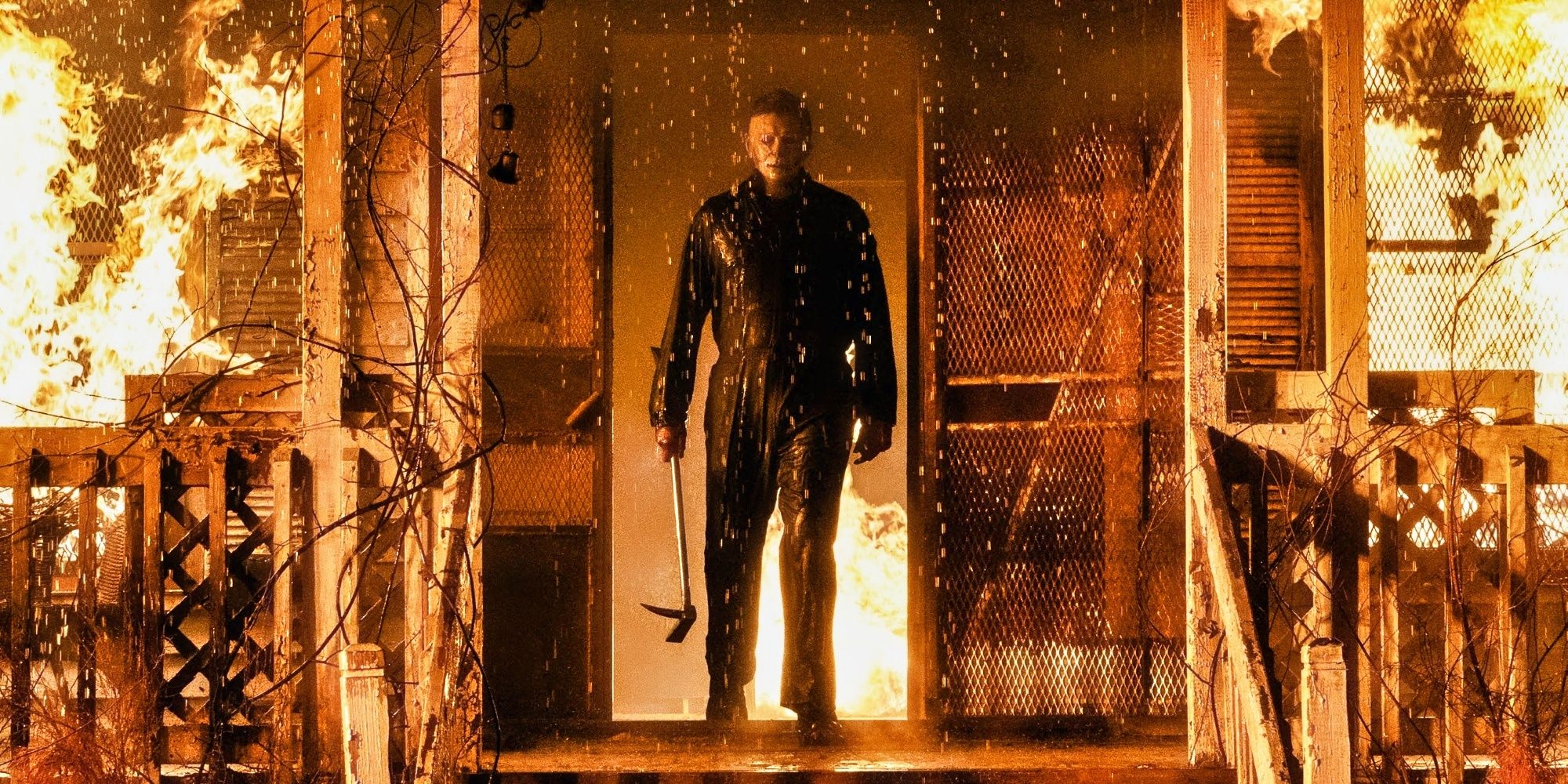
The Halloween franchise has what could very well be the most convoluted continuity in the history of horror cinema. It began easily enough with Halloween and Halloween II, both of which saw great success in 1978 and 1981. But then things started getting dicey. Halloween III: Season of the Witch attempted to reboot the franchise as a horror anthology in 1982, but this failed horribly and the movie is now placed within its own separate, unrelated continuity. Michael Myers was brought back for the next three films, which are known as the "Thorn Trilogy". Halloween H20 was released in 1998, which retconned/rebooted the franchise and ignored the events of everything post-Halloween II.
The series was then remade in 2007 with Rob Zombie's Halloween and Halloween II. The movies were met with a mixed reception, with many criticizing the level and severity of the violence. And following that, it was announced that the series would be rebooted yet again under director David Gordon Green. Halloween was released in October 2018, serving as a continuation of the first Halloween and ignoring every other movie released in the series. It's a complete mess of a continuity, and fans aren't sure what to consider canon.
from ScreenRant - Feed https://ift.tt/3zNyoDq







0 Comments
Please don't use vulgar comments and avoid discussion on Religious matters